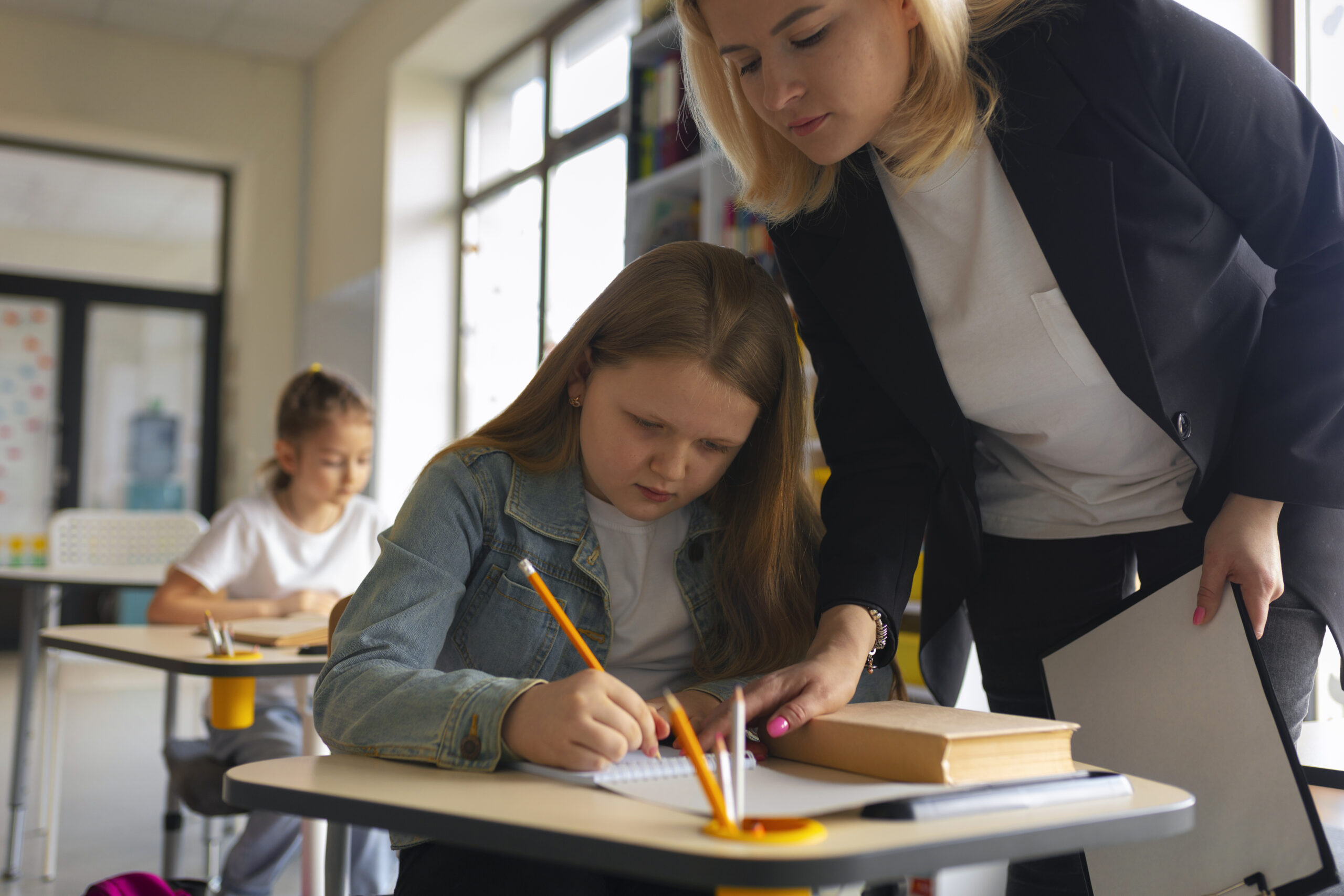English Language Teaching (ELT) is a specialized field that requires a unique set of skills and qualities. Good ELT teachers go beyond simply knowing the language; they engage, inspire, and support their students in a way that fosters a deep and enduring understanding of English. Here are some key practices and strategies that distinguish excellent ELT teachers from the rest.
Understanding and Addressing Learners’ Needs
Effective ELT teachers begin by understanding the diverse needs of their students. This involves recognizing the varying levels of proficiency, learning styles, and cultural backgrounds present in the classroom. By conducting initial assessments and ongoing evaluations, teachers can tailor their instruction to meet the specific needs of each learner. This personalized approach ensures that all students, whether they are beginners or advanced speakers, receive the support they need to progress.
Creating an Engaging Learning Environment
A positive and engaging classroom atmosphere is crucial for language acquisition. Good ELT teachers create a welcoming and inclusive environment where students feel comfortable taking risks and making mistakes. They use a variety of interactive activities, such as group discussions, role-plays, and games, to make learning enjoyable and dynamic. These activities not only make lessons more engaging but also provide practical opportunities for students to use English in real-life contexts.
Emphasizing Communication Skills
The primary goal of ELT is to develop students’ ability to communicate effectively in English. Good ELT teachers focus on all four language skills—listening, speaking, reading, and writing—while placing a strong emphasis on oral communication. They encourage students to speak as much as possible, using techniques like pair work, group projects, and presentations. By creating a classroom environment where English is the primary mode of communication, teachers help students build confidence and fluency.
Integrating Cultural Awareness
Language and culture are intrinsically linked, and understanding cultural nuances is essential for effective communication. Good ELT teachers incorporate cultural lessons into their curriculum, exposing students to the customs, traditions, and social norms of English-speaking countries. This cultural awareness not only enriches students’ understanding of the language but also prepares them to interact more effectively in diverse contexts.
Utilizing Technology and Multimedia Resources
Incorporating technology into the classroom can greatly enhance the learning experience. Good ELT teachers leverage a variety of digital tools and multimedia resources to support their instruction. This can include using language learning apps, online dictionaries, interactive whiteboards, and multimedia presentations. These resources provide additional avenues for students to practice their language skills and can make learning more accessible and engaging.
Providing Constructive Feedback
Feedback is a critical component of language learning. Good ELT teachers provide timely and constructive feedback that helps students understand their mistakes and learn from them. They focus on both the content and the form of students’ language use, offering specific suggestions for improvement. Importantly, they balance corrective feedback with positive reinforcement, acknowledging students’ progress and encouraging their efforts.
Promoting Autonomy and Lifelong Learning
Good ELT teachers foster a sense of autonomy in their students, encouraging them to take responsibility for their own learning. They teach students how to use resources such as dictionaries, grammar guides, and online tools independently. Additionally, they promote strategies for self-study, such as setting personal learning goals, keeping language journals, and practicing English outside the classroom. By instilling these habits, teachers help students become lifelong learners who continue to develop their language skills beyond the classroom.
Adapting to Change and Ongoing Professional Development
The field of ELT is constantly evolving, with new methodologies, technologies, and research findings emerging regularly. Good ELT teachers stay current with these developments by engaging in ongoing professional development. They attend workshops, conferences, and training sessions, and participate in professional networks and communities of practice. This commitment to professional growth ensures that they are equipped with the latest tools and strategies to support their students’ learning.
Building Strong Teacher-Student Relationships
Strong relationships between teachers and students are fundamental to a successful learning experience. Good ELT teachers take the time to get to know their students, showing genuine interest in their lives and learning journeys. They create a supportive and respectful classroom culture where students feel valued and understood. These positive relationships build trust and motivate students to engage more fully in their learning.
Reflecting on Practice
Reflective practice is a hallmark of good teaching. Effective ELT teachers regularly reflect on their teaching methods and student outcomes, seeking to understand what works well and what could be improved. They are open to feedback from their peers and students and are willing to make adjustments to their teaching strategies. This ongoing reflection helps them to refine their practice and enhance their effectiveness as educators.
Conclusion Being a good ELT teacher requires more than just expertise in the English language. It involves understanding and addressing the diverse needs of learners, creating an engaging and supportive classroom environment, and continually adapting to new challenges and developments in the field. By emphasizing communication skills, integrating cultural awareness, utilizing technology, providing constructive feedback, and promoting learner autonomy, good ELT teachers empower their students to achieve their language learning goals and become confident, effective communicators. Through dedication to professional growth and reflective practice, they ensure that their teaching remains dynamic, relevant, and impactful.




